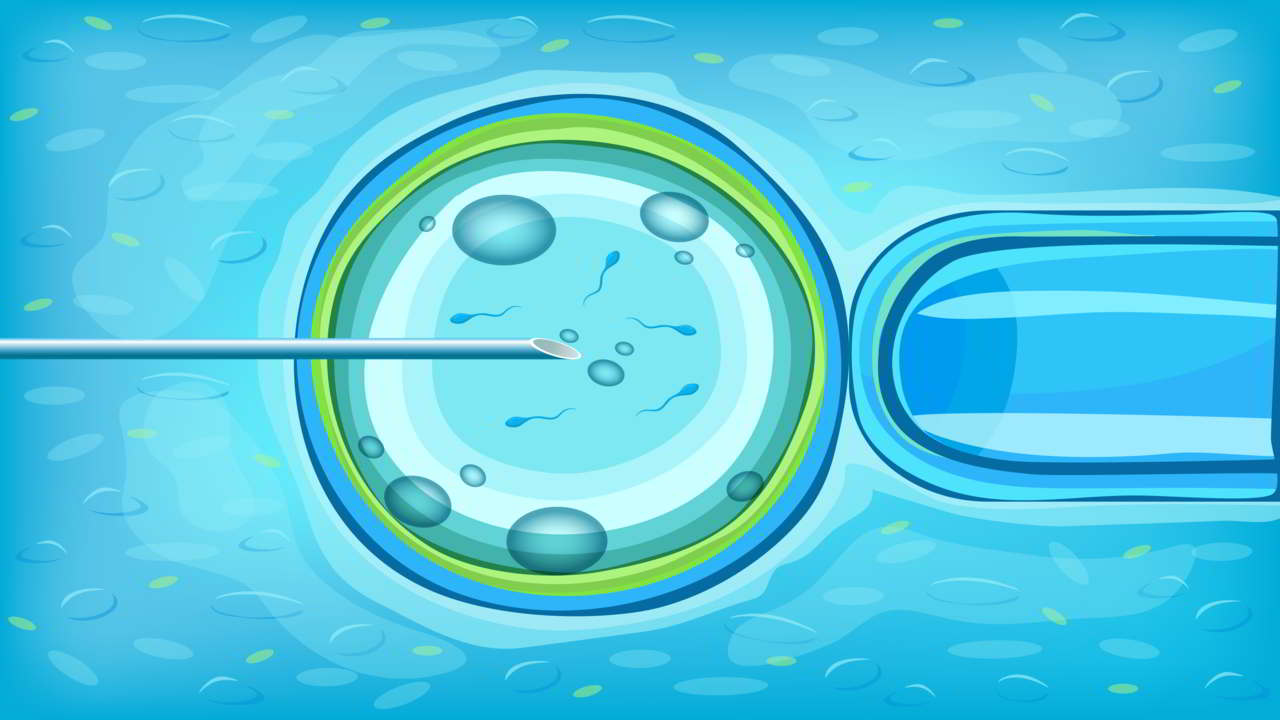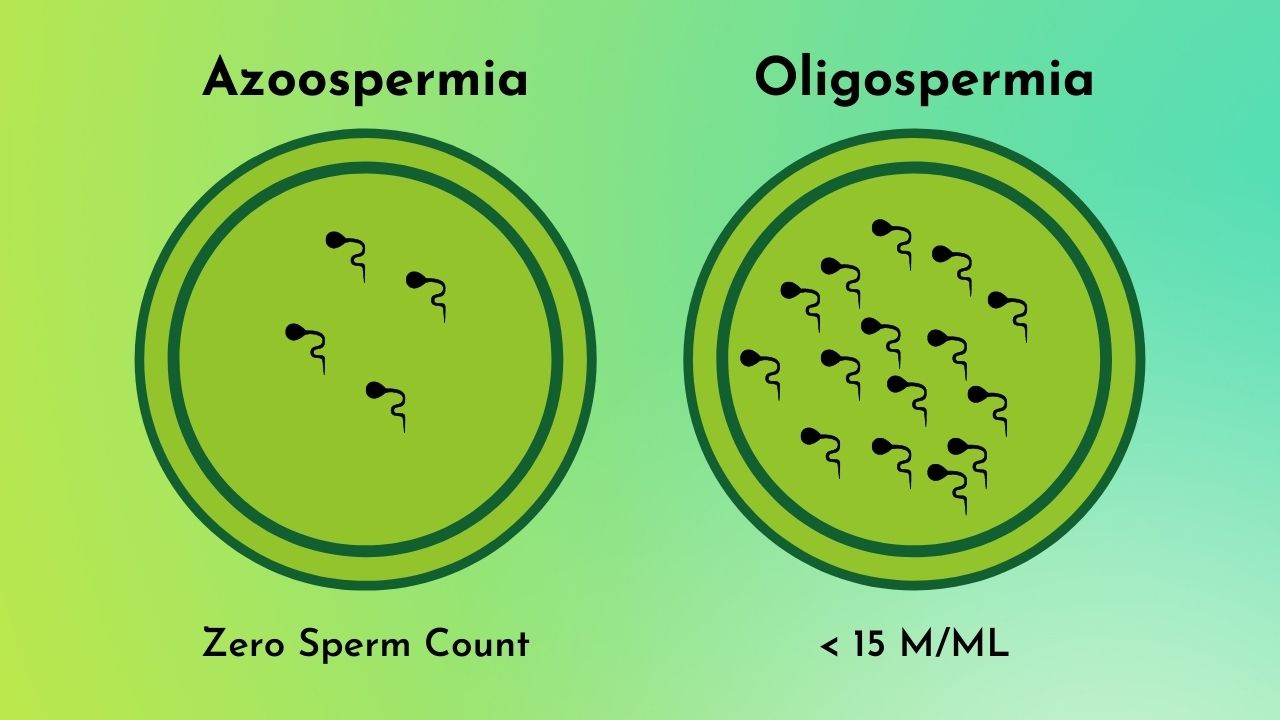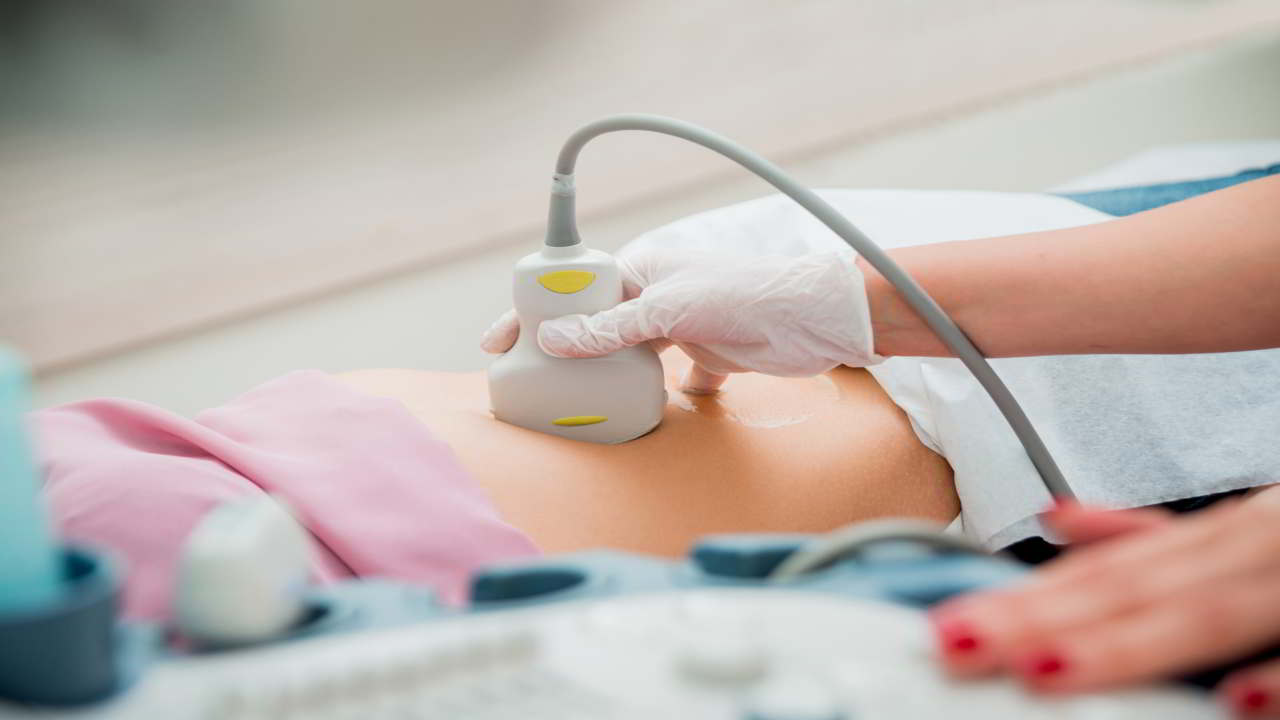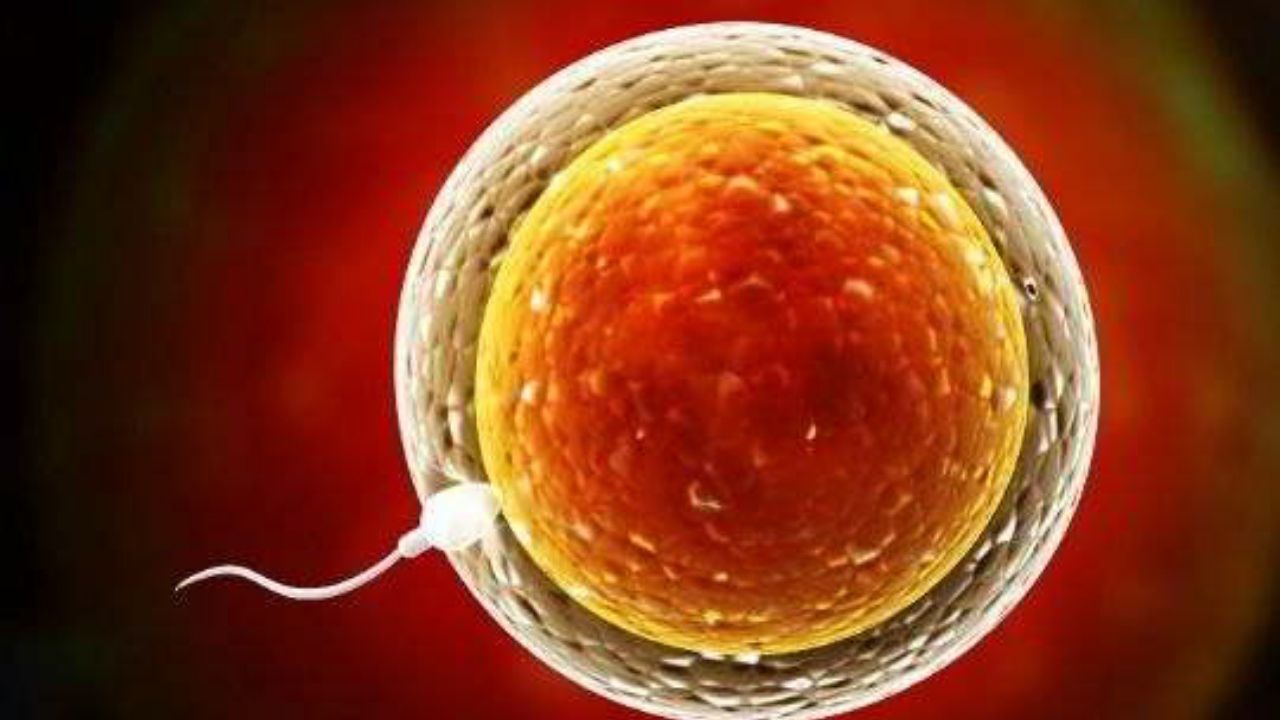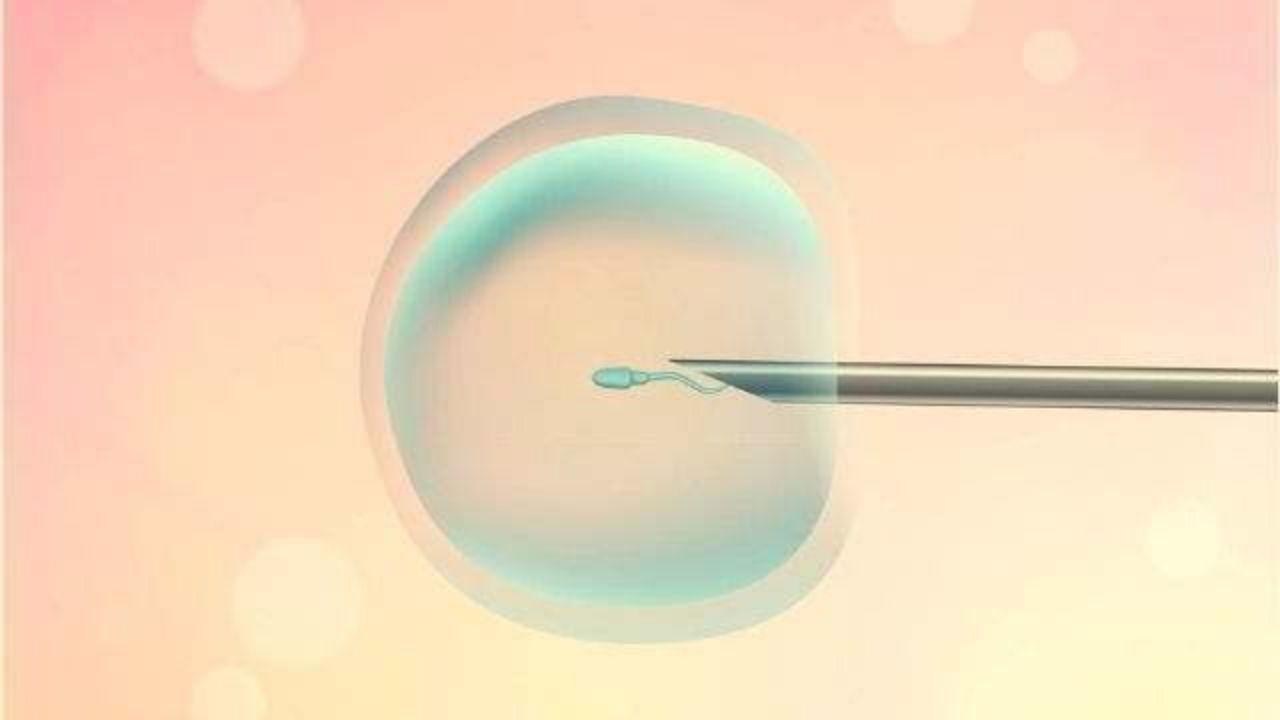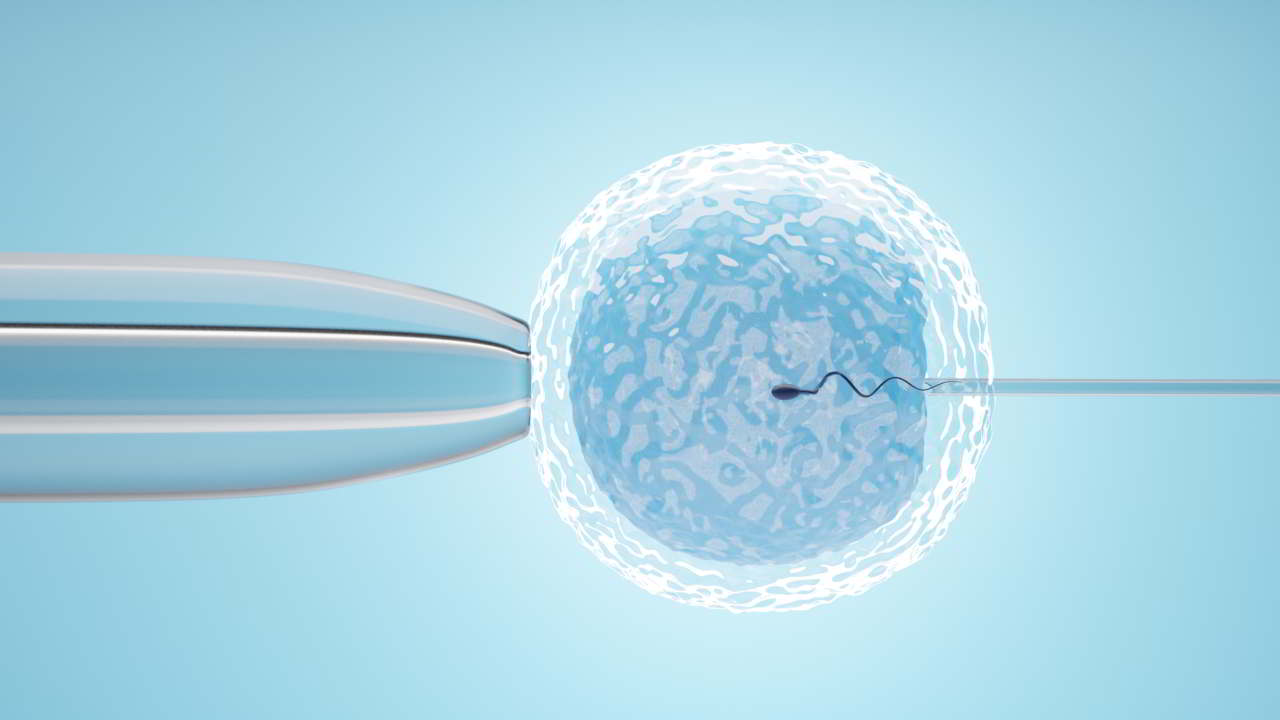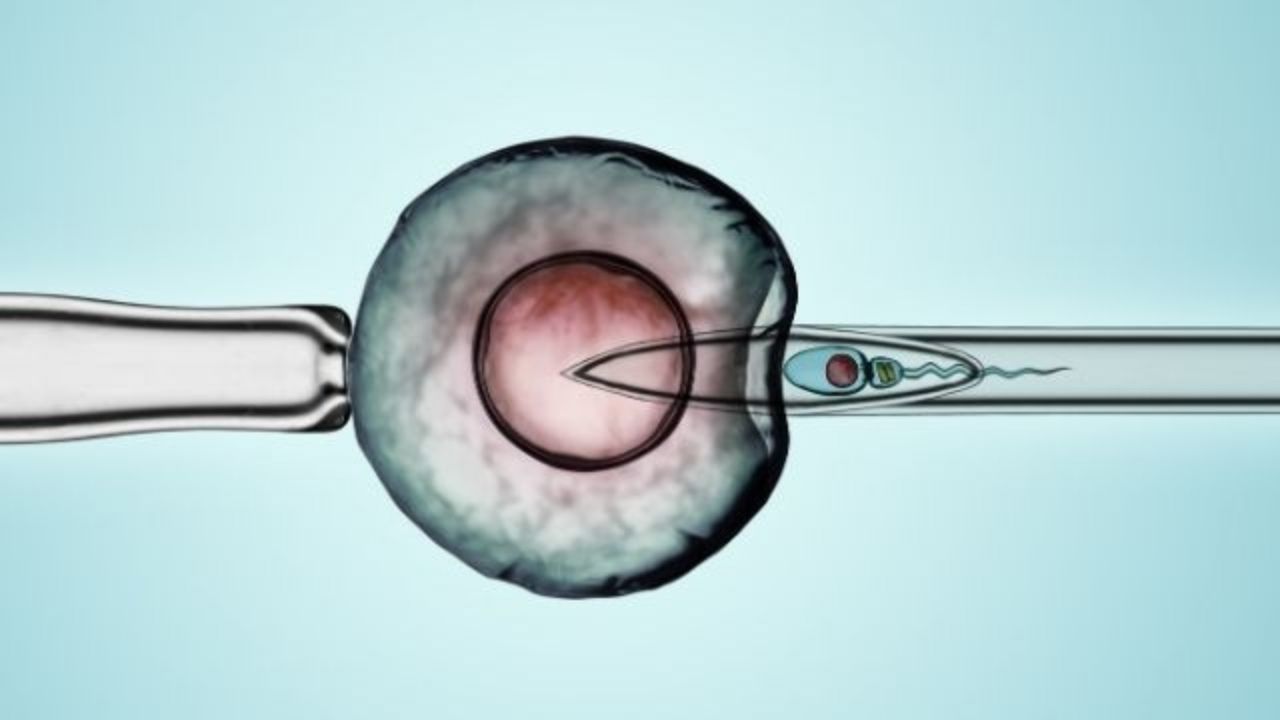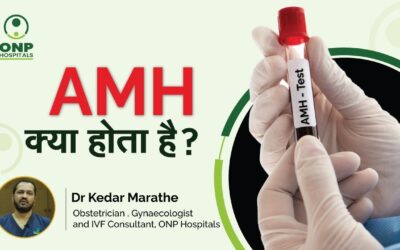Introduction Welcome to ONP Hospital, where the future of neonatal care unfolds within our state-of-the-artNeonatal Intensive Care Unit (NICU). Our commitment to delivering the highest standard of carefor our tiniest patients is evident in the cutting-edge technology,...

Overview
Genetic testing examines your DNA, the chemical database that contains your body’s instructions. Genetic testing may uncover gene mutations that cause disease.
While genetic testing may help diagnose, treat, and prevent disease, it has limits. For example, a positive genetic test result doesn’t automatically guarantee you’ll become sick. However, a negative test does not always mean you will not have a condition.
Everything You Need To Know About Genetic Screening
What is It?
As a diagnostic technique, genetic screening may identify people who are at an increased risk of developing a certain condition or who have the gene for a disorder. An individual’s DNA, chromosomes, genes, or proteins may be analyzed using this form of genetic testing. Various characteristics, such as hair and eye color, may be handed down via a person’s genetic makeup, inherited from their parents. In addition, an individual’s genes may have been tampered with, raising their chance of contracting a certain illness.
Why is it Done?
It is important to note that genetic testing plays an important part in identifying a person’s risk of getting certain illnesses. Therefore, for a variety of reasons, genetic testing is carried out:
- Diagnostic testing: Genetic testing may indicate whether you have an illness caused by genetic alterations, or altered genes, as they are more often referred to. Cystic fibrosis and Huntington’s illness, for example, may be confirmed by genetic testing.
- Carrier testing: There are many reasons to get genetic testing done before you have children, such as having a family history of an illness like sickle cell anemia or cystic fibrosis or being from an ethnic group with a high risk of that illness. As a result of an extended carrier screening test, you and your spouse might be identified as carriers for a broad range of genetic disorders or mutations.
- Prenatal screening: You may be able to discover certain anomalies in your baby’s DNA if you are pregnant. It is fairly uncommon for prenatal genetic testing to include screenings for Down syndrome and trisomy 18 syndromes. Traditionally, blood indicators or invasive procedures like amniocentesis have been used to determine this. Cell-free DNA testing is a newer kind of testing that examines a baby’s DNA via a mother’s blood test.
- Preimplantation testing: In vitro fertilization may need the use of this test, which is also known as a preimplantation genetic diagnosis. Genetic abnormalities are checked on the embryos. Then, without defects, healthy embryos are put in the uterus to try to become pregnant.
What to Expect?
A sample of your blood, skin, amniotic fluid or other tissue will be taken and sent to a laboratory for examination, depending on the kind of test.
- Blood sample: A needle is inserted into a vein in your arm by a member of your healthcare team. By pricking your baby’s heel, a blood sample may be collected for newborn screening testing.
- Cheek swab: DNA samples may be taken from the inside of your cheeks for genetic testing in certain cases.
Only in Pregnancy:
- Amniocentesis: In the fifth month of the pregnancy, amniotic fluid samples are taken by a thin, hollow needle inserted through your abdominal wall and into your uterus for examination.
- Chorionic villus sampling: During pregnancy, the placenta is sampled for this prenatal genetic test by your doctor. Depending on your condition, a catheter (catheter) may be inserted into your cervix, or a small needle may be inserted into your abdominal wall and uterus.
Procedure
Samples of blood are taken and submitted to a genetics laboratory for DNA testing. DNA mutations that have been associated with a certain genetic disorder in a particular population are searched for in specific regions of the DNA chain. Detection of genetic illnesses using saliva testing is also possible. For example, Tay-Sachs, which is one of the most deadly of the disorders on the panel, can only be diagnosed using an enzyme test, which requires a blood sample, but it is the most accurate screening method.
The results are accessible within a few weeks and reveal whether or not the person has the mutations associated with certain illnesses in a particular community. To understand your findings, you should consult with a certified genetic counselor or an Infertility Specialist Doctor, and you should retain a copy of your report in a readily accessible position.
No two screening reports are the same. Although it will inform the doctor or genetics expert how likely the patient is to be at risk of developing the illness, there is always a potential that the patient has an undiscovered mutation and may still be a carrier.
Conclusion
An individual’s or a group’s genetic risk may be determined via a genetic screening test. It is possible to identify people who may have unusual genes related to genetic illnesses using genetic carrier screening. The likelihood of a child being born with a genetic condition is often assessed during family planning. However, carrier screening may also take place during pregnancy.
Sub Services
What Patient has to say about us
People heavily rely on reviews from other patients when choosing a healthcare provider
Our Patients Many many happy returns of the day......... The best doctor in the world My mother was suffering from severe pain in both knees and spine. Dr. Aashish arbat sir has operated today after 15days she is doing every thing thank you Dr aashish arbat sir and team Especially the major support was from Dr Ram sir from admission to dischatge and follow ups and taken care very nicely thanku Dr. Ram sir Our Patients After enduring knee pain for the past decade, my mother sought advice from various doctors in Nagpur, Nashik, and Pune. They all recommended knee replacement surgery, but it was only when we discovered Dr. Aashish Arbat and the option of robotics surgery that we made the decision to proceed. The surgery took place on June 23, 2023, and it turned out to be an incredible experience. To our astonishment, on the morning of June 24, my mother was able to stand on her own legs and even take a few steps. This remarkable progress was made possible due to the advanced assistance of robotics arm and Artificial Intelligence. Dr. Aashish Arbat is an exceptional and highly experienced surgeon, and we are immensely grateful for his expertise. We also extend our appreciation to his colleagues, Dr. Sharma and Dr. Ram, for their excellent skills and compassionate nature. Our heartfelt thanks go out to the entire team for enabling my mother to live a pain-free life Our Patients My mother got her both robotic knee replacement from sir on Oct 2021. The team and sir have made the complete process seamless. Especially my mother was very comfortable post her surgery. Thank you Dr Arbat and team. Our Patients Our Patients Our Patients Hello. My wife has severe arthritis in her body knees since 2017. We communicated many doctors but she was not happy. We visited Dr arbat for same issue and he came up with robotic knee replacement solution which suited her accurately and she is walking 5-6km daily without hesitation and living comfortably. Thanks Dr. Aashish Arbat and his new technology.Chhaya Kate
pravin kharat
T Srivalli
Mohan Satavekar
VIVEK PANDEY
Subhash Bobade
Blogs
Transformative Care: Navigating the State-of-the-Art NICU Facility at ONP Hospital
Introduction Welcome to ONP Hospital, where the future of neonatal care unfolds within our state-of-the-artNeonatal Intensive Care Unit (NICU). Our commitment to delivering the...
Plant-Powered Health: Exploring the Benefits of a Vegetarian Diet
Introduction The debate between vegetarian and non-vegetarian diets has been ongoing for years, with both sides presenting their arguments. However, a growing body of scientific...
Battling Oral Cancer and Tobacco: Understanding Treatments, Diagnosis & Prevention
Introduction Oral cancer, a type of head and neck cancer, is a serious and potentially life-threatening condition that affects various parts of the mouth, including the lips,...
Videos
Dr. Amita Phadnis’s Full Speech on Survival & Health Rights at UNICEF India.
Dr. Amita Phadnis ,M.D., Gave a Motivating Speech
Breast cancer is cancer that forms in breast cells. Women are mostly diagnosed with this cancer. Although it can be seen in both men and women
What is AMH
The granulosa cells in your ovarian follicles create the anti-Mullerian hormone, often known as AMH. According to the American College of Obstetricians and Gynecologists (ACOG), the generation of AMH is a reflection of your ovarian reserve.
FAQ’s
Pregnancy and Migraine Headaches: What Women Need to Know
When you are pregnant or breastfeeding, then you should be aware that migraine headaches are a normal part of the journey. Pregnant women might feel headaches owing to...
What Is the Problem of Orthopedics in Children?
While orthopaedic problems are commonly seen in and associated with the elderly, it’s important to be alert regarding the fact that they can afflict young people and children as well.
All You Need to Know About Reproduction
Most science students have to study about reproduction in their high school syllabus, and some learn from their parents, who may discuss it even earlier. It’s a very good thing to know about our own bodies…
Explore All Departments

ONP Prime

ONP Leela

IVF

Oncology

Pediatrics

Urology

Neonatology

Ophthalmology

Orthopedics

Gynaecology

Cardiology

IVF

Oncology

Pediatrics

Urology

Neonatology

Ophthalmology


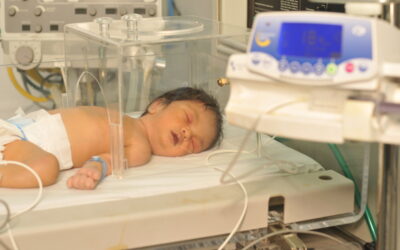

 Home
Home

